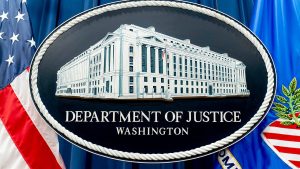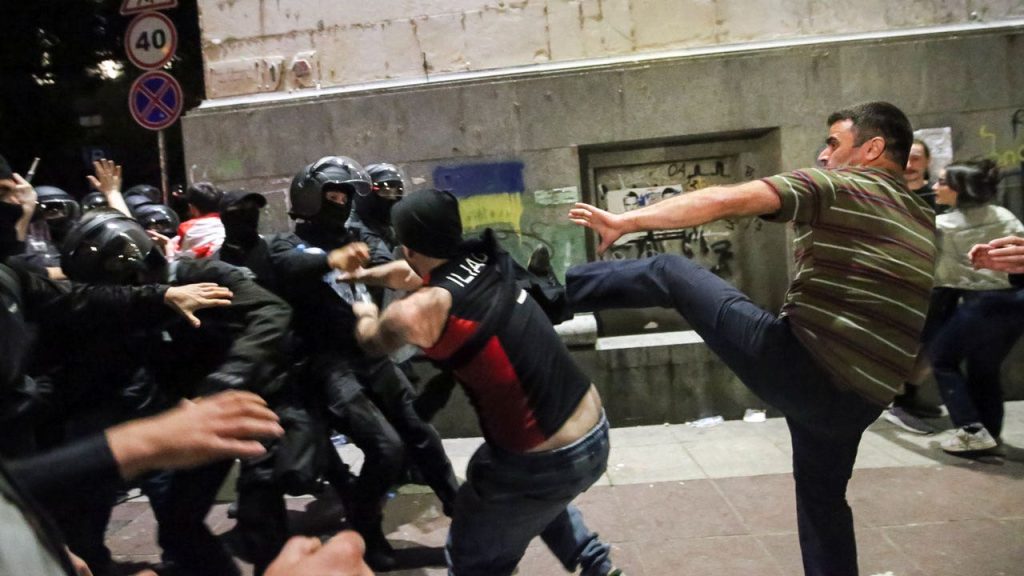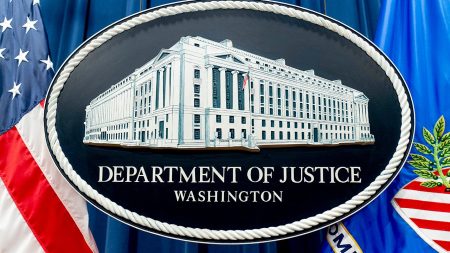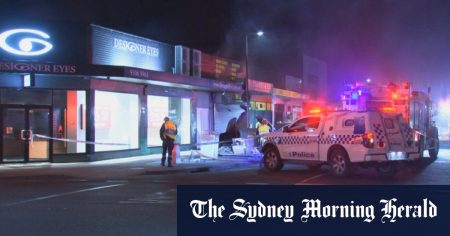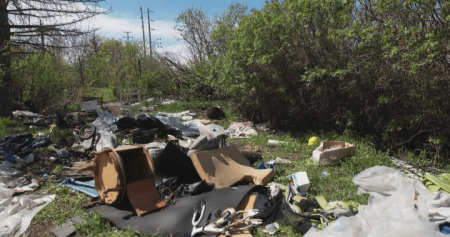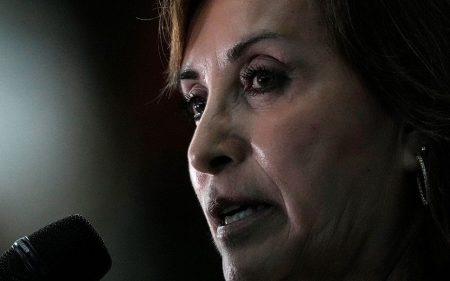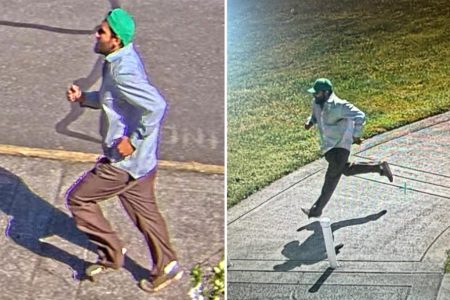Dozens of people were arrested in Georgia after police used tear gas and water cannons to disperse protesters outside Parliament who were rallying against a controversial bill limiting media freedom. The Interior Ministry reported 63 arrests, and opposition MP Levan Khabeishvili was left with a bloodied face and heavy bruising after allegedly being assaulted by police. The bill in question would require media and non-commercial organizations to register as “pursuing the interests of a foreign power” if they receive more than 20% of their funding from abroad, leading to comparisons with Russian laws aimed at stifling independent media and critical organizations.
The bill, known as the “Russian law,” has sparked widespread protests and concerns among demonstrators that it will give the authorities greater control over the media space and harm Georgia’s integration with the EU. Protesters fear a return to Soviet-era repression and have called for a rejection of the bill. Despite the ruling Georgian Dream party withdrawing a similar bill under pressure last year, this latest iteration has made it to a second reading in parliament. Opposition politicians and protesters are decrying the heavy-handed tactics used by law enforcement to quell the protests, with accusations of violence and illegality leveled against the ruling party.
Police moved to disperse the protest after demonstrators attempted to block entrances to Parliament, disrupting lawmakers’ ability to leave the premises. Deputy Interior Minister Aleksandre Darakhvelidze claimed that protesters and opposition leaders were engaging in violence, while opposition politician Giorgi Vashadze defended the right to peaceful protest and criticized the actions of the ruling party. The bill must pass through three readings before it can be adopted, though President Salome Zourabichvili has vowed to veto it if it reaches her desk. However, the ruling party can override her veto and push the bill into law, bypassing the president’s objections.
The ongoing protests in Georgia reflect deep divisions within the country over the implications of the proposed media legislation for freedom of expression and democracy. The use of force by authorities to suppress dissent has drawn condemnation from human rights groups and international observers, raising concerns about the erosion of democratic norms in Georgia. The bill’s advancement despite public opposition underscores the challenges facing civil society and opposition forces in holding the government accountable for its actions, particularly in the face of a ruling party with a parliamentary majority. The outcome of the bill will have broader implications for Georgia’s trajectory as it seeks closer ties with the EU while grappling with the legacy of its Soviet past.
As tensions escalate and the government crackdown intensifies, the fate of media freedom in Georgia hangs in the balance. The international community will be closely watching developments in the country as it navigates the delicate balance between maintaining stability and upholding democratic principles. The events unfolding in Tbilisi serve as a reminder of the ongoing struggle for democracy and human rights in the South Caucasus region, where political fault lines and external influences continue to shape domestic policy and public discourse. The outcome of the bill will not only impact Georgia’s media landscape but also its standing in the international community as it grapples with competing visions of governance and national identity.
